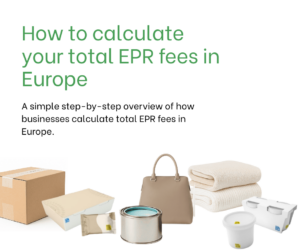5 tips for expanding your digital business to new market
5 tips for expanding your digital business to new market
There are few things to consider before you expand into the overseas market. Here are some tips for preparation and internal evaluation before the expansion:
Market research
First, know your existing competitors in the new market. A detailed competitive analysis could be conducted by various online tools. For example, all-in-one marketing tools like Serpstat and Semrush are fine tools that provide access to custom reports, data analysis, and more. Google Alerts could help you to monitor competitors on social media.
Pricing Strategy
Consider the local market when it comes to pricing. Many businesses did not succeed in the new market because they did not set their prices accordingly. Moreover, evaluate your competitor’s pricing approach. Don’t forget about the factor of tax. The tax will be calculated before payments and added to the excluded tax price. The tax rate is dependent on where your buyer is located. On the other hand, the tax-included price indicates the price is the same internationally.
Focus
Write down a list of your potential markets. And focus on the top three or five of this list. Figure out the problems and solve them before you move forward to the next potential market.
Find local partnership
The local partner companies can contribute useful outsourcing from the localization of advertising strategies and products, and translation
Mind Tax Rules
Digital taxing rules are shifting rapidly. You need to be aware of how the new authoritative rules affect your expansion. There are many countries that conduct new laws to tax digital businesses each year. For example, buyers from New Zealand now can fall under a penalty of up to NZ$25k for avoiding VAT with VPNs. There are five important steps below:
- Register your company for VAT in the countries you sell
- Identify your customer correctly and using suitable local tax rules
- Submit VAT returns quarterly
- Store all the documents for 5-10 years (varies from nations)
- Find an experienced agent to ensure you are operating correctly in local VAT matters.
Contact the LOVAT team to be sure you’re compliant.
General Data Protection Regulation (GDPR) issues
On 14 April 2016, the GDPR was approved by the EU Parliament. It strengthens the rights of individuals with regard to personal data. And it seeks to unify data protection laws across Europe, no matter where the data was processed.



